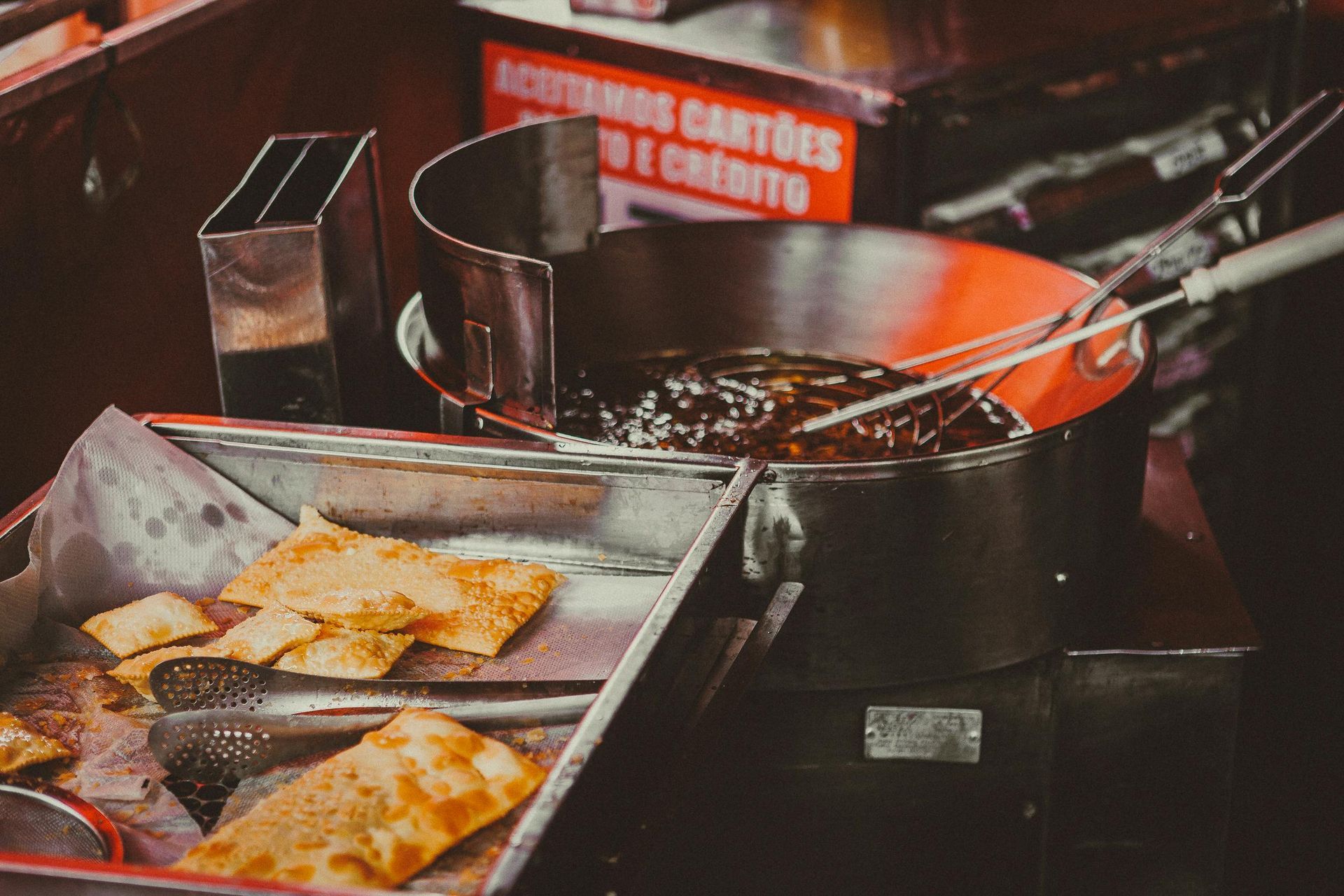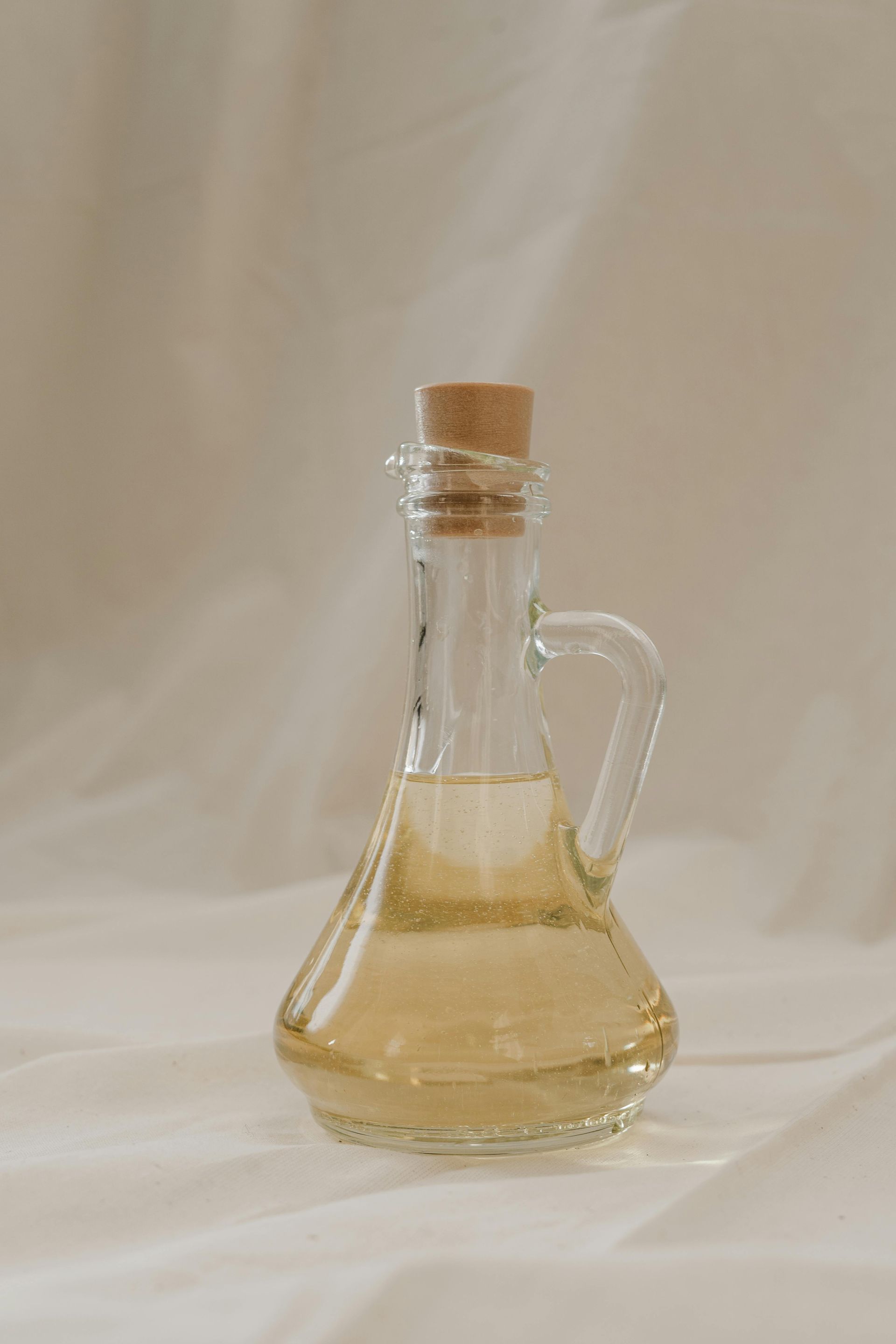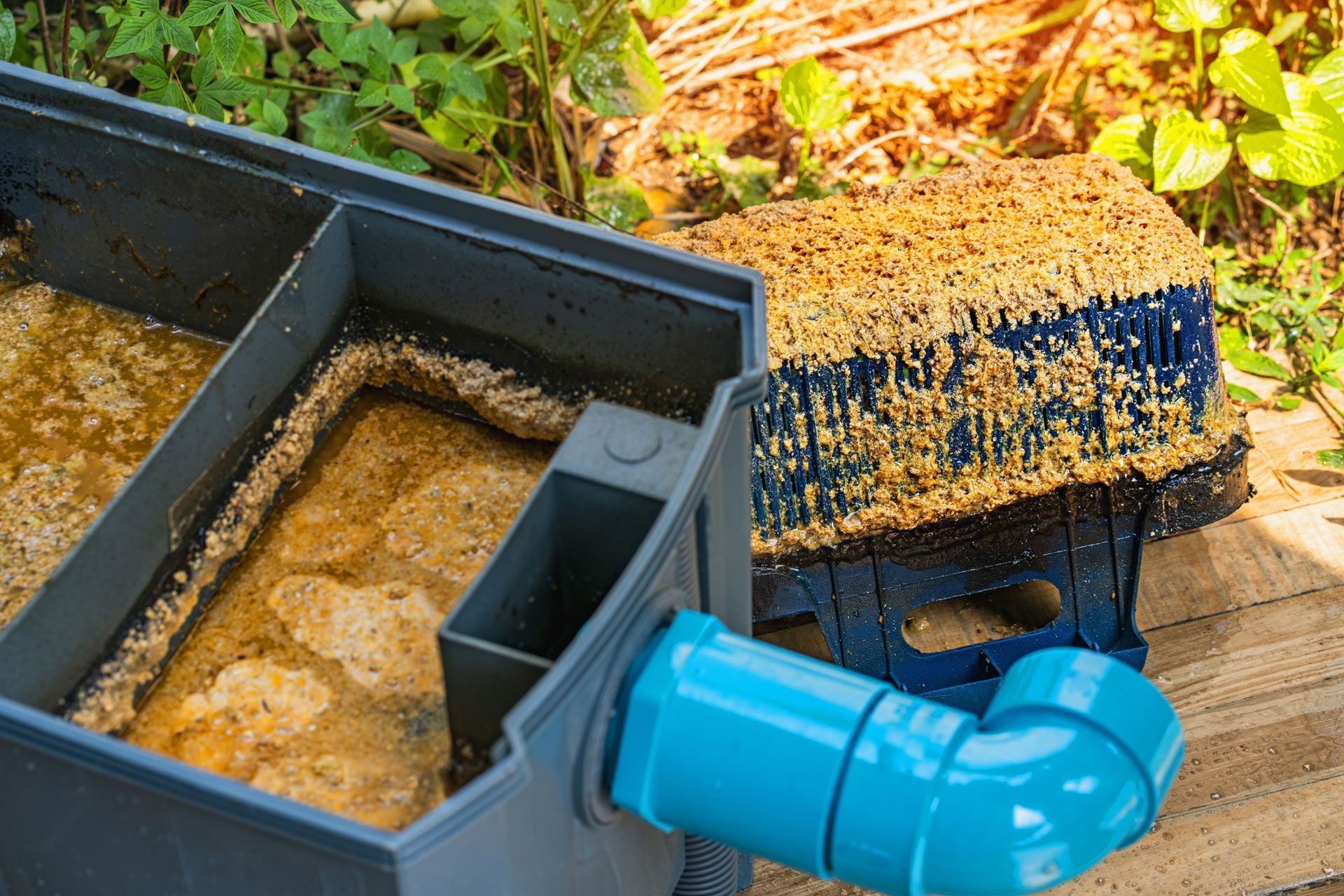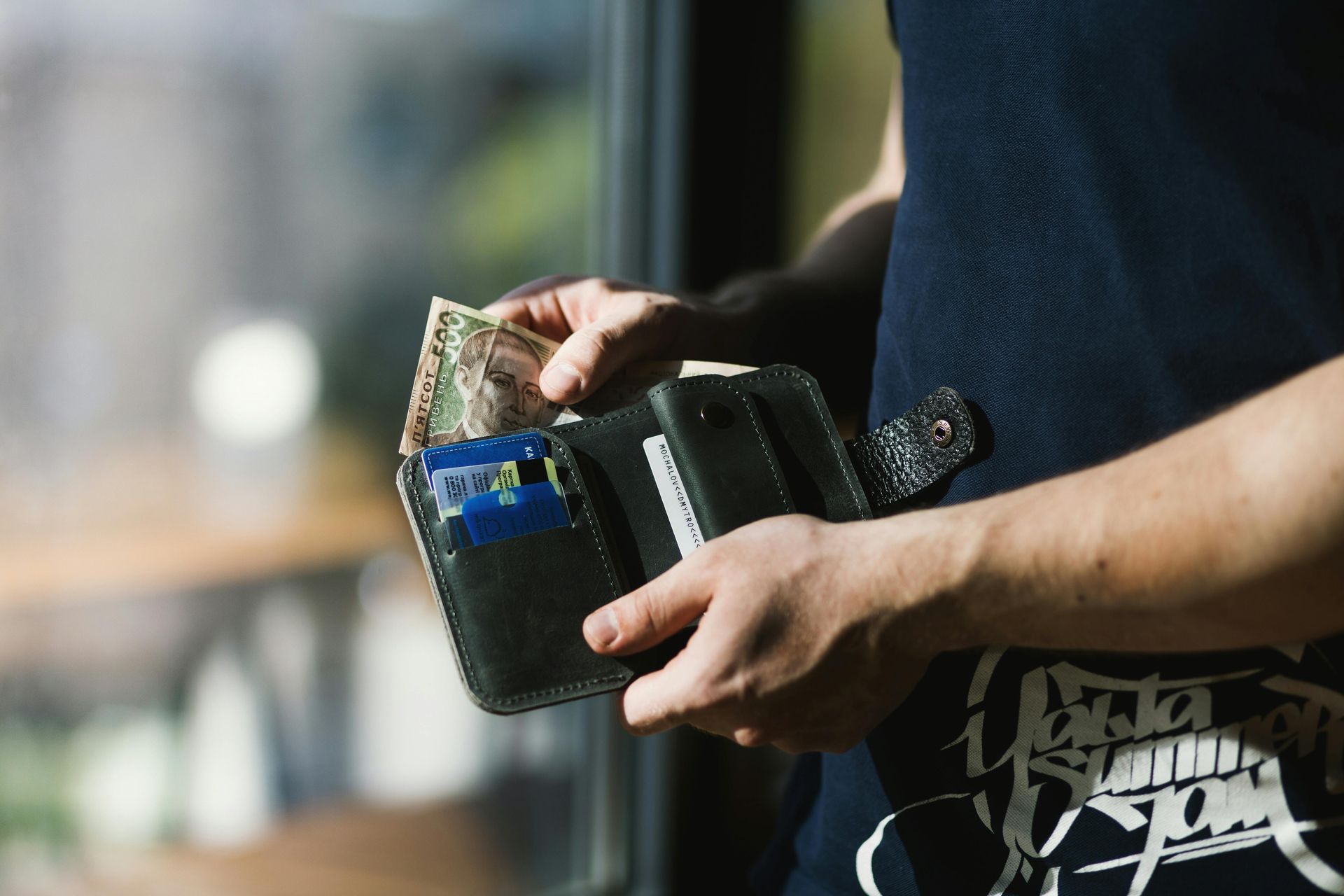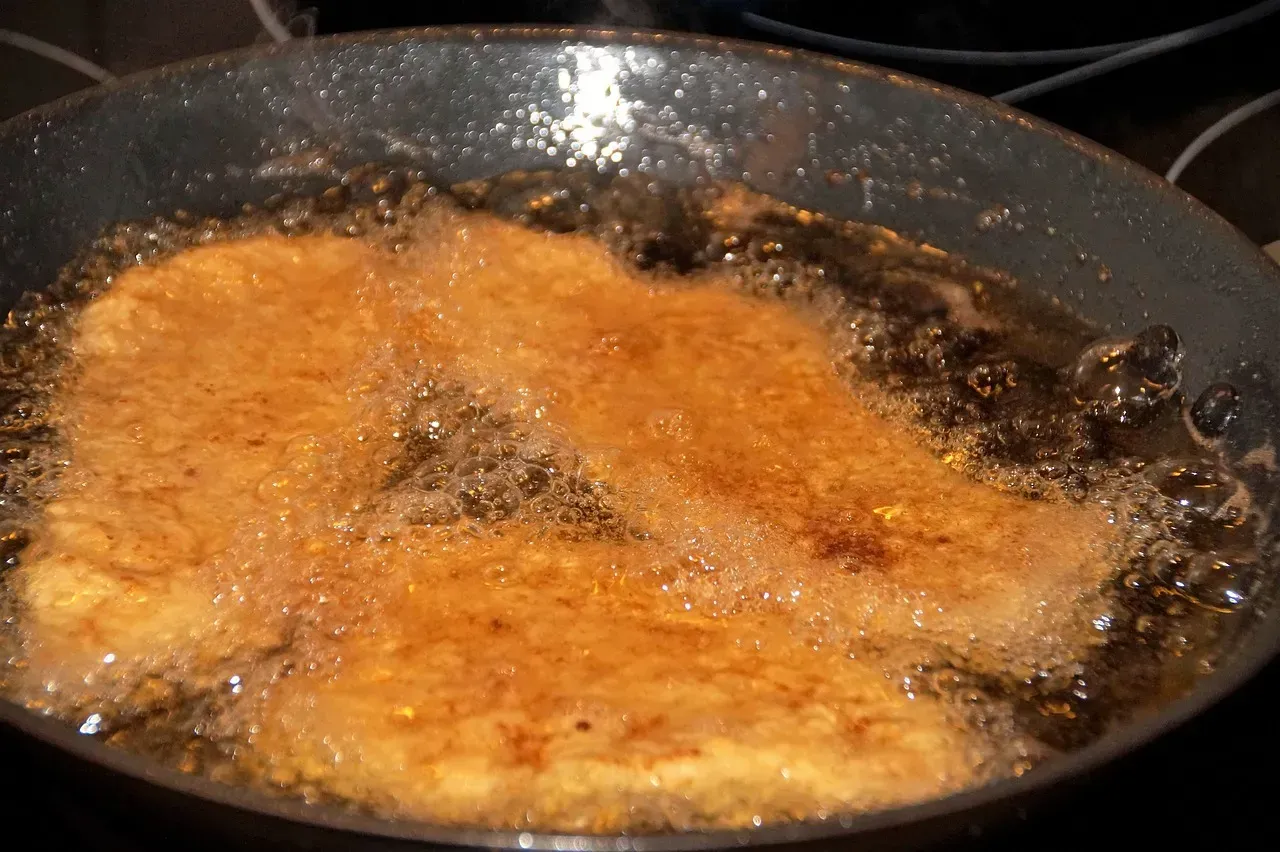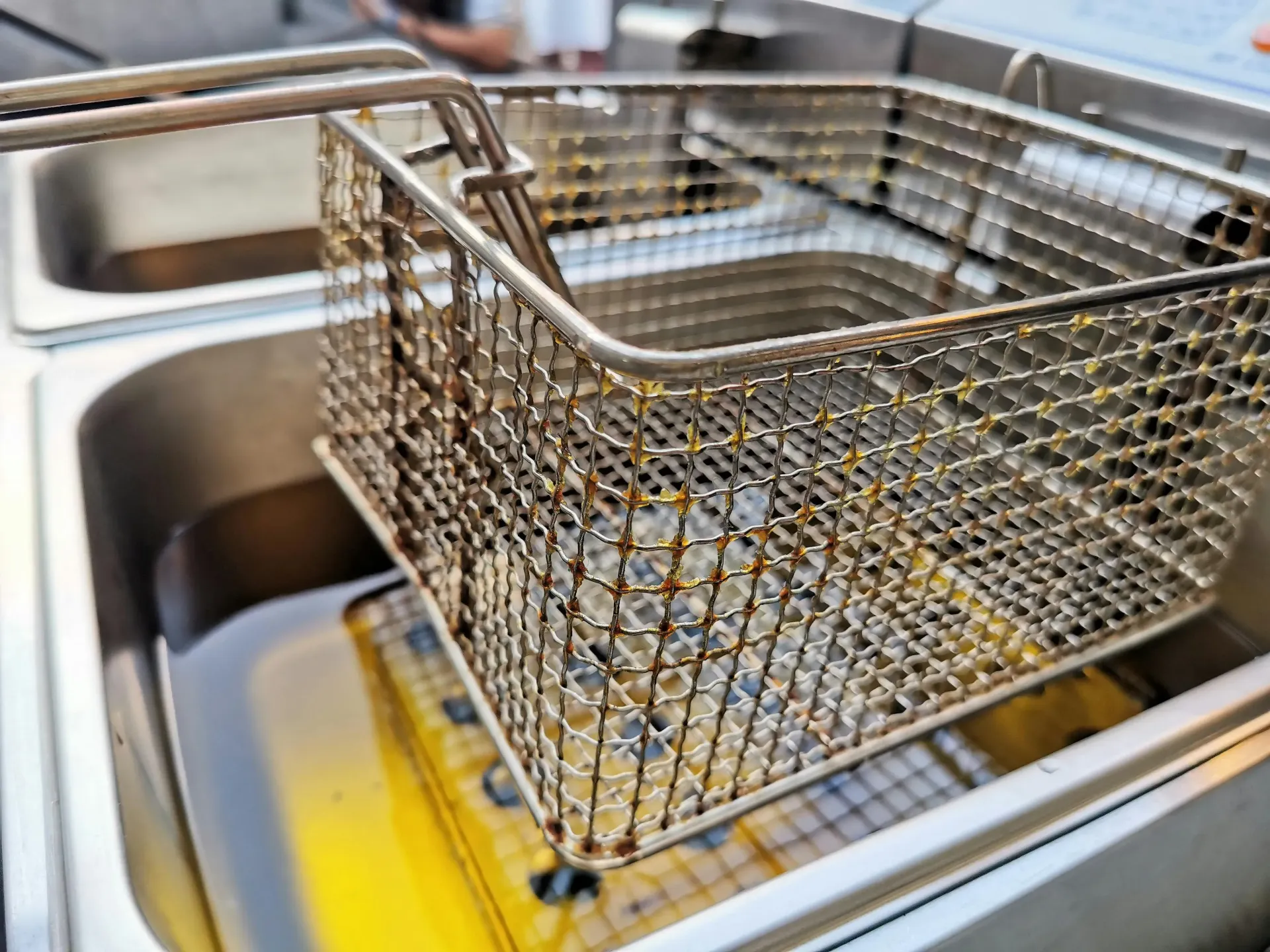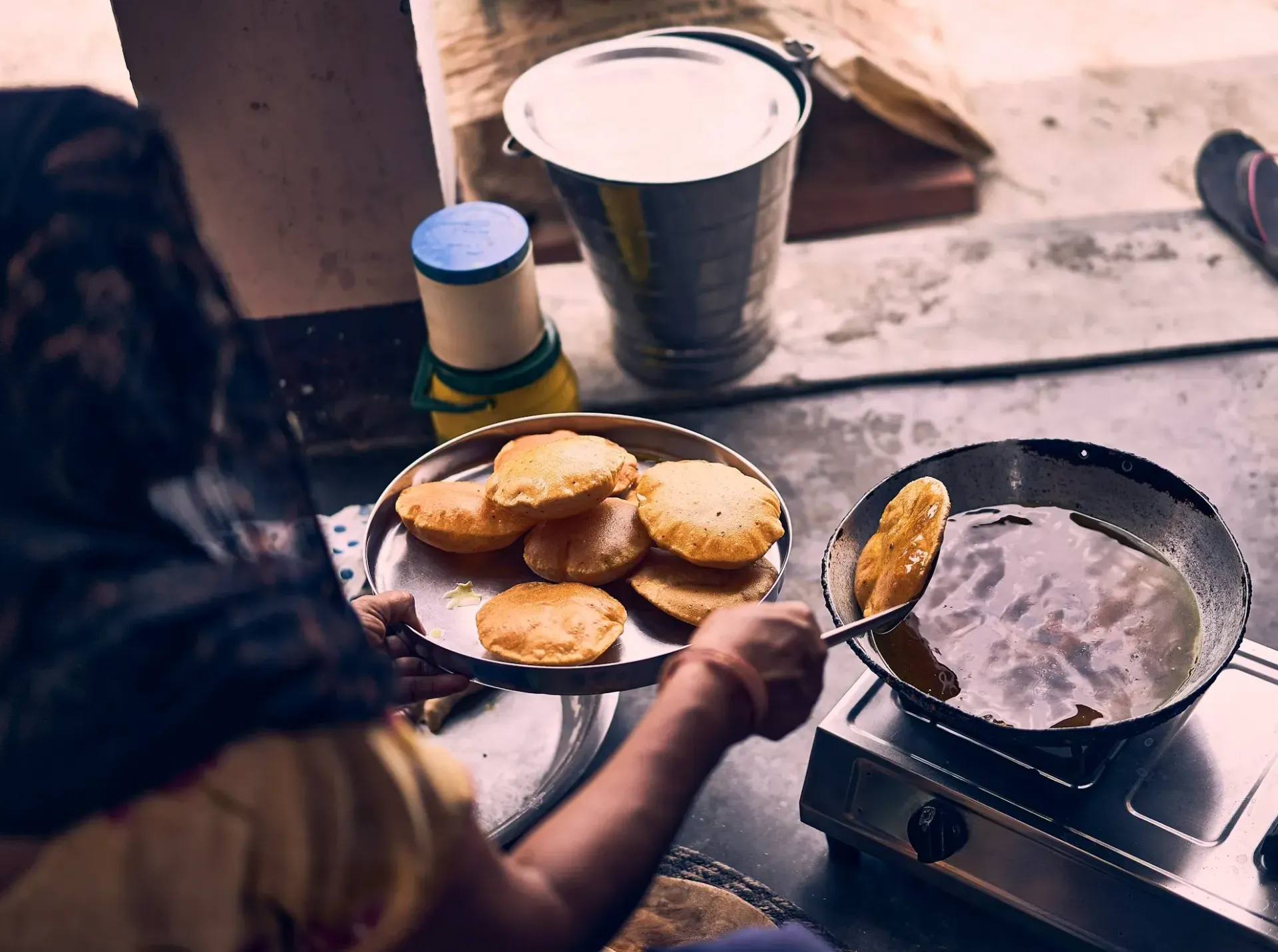Call Us Today!
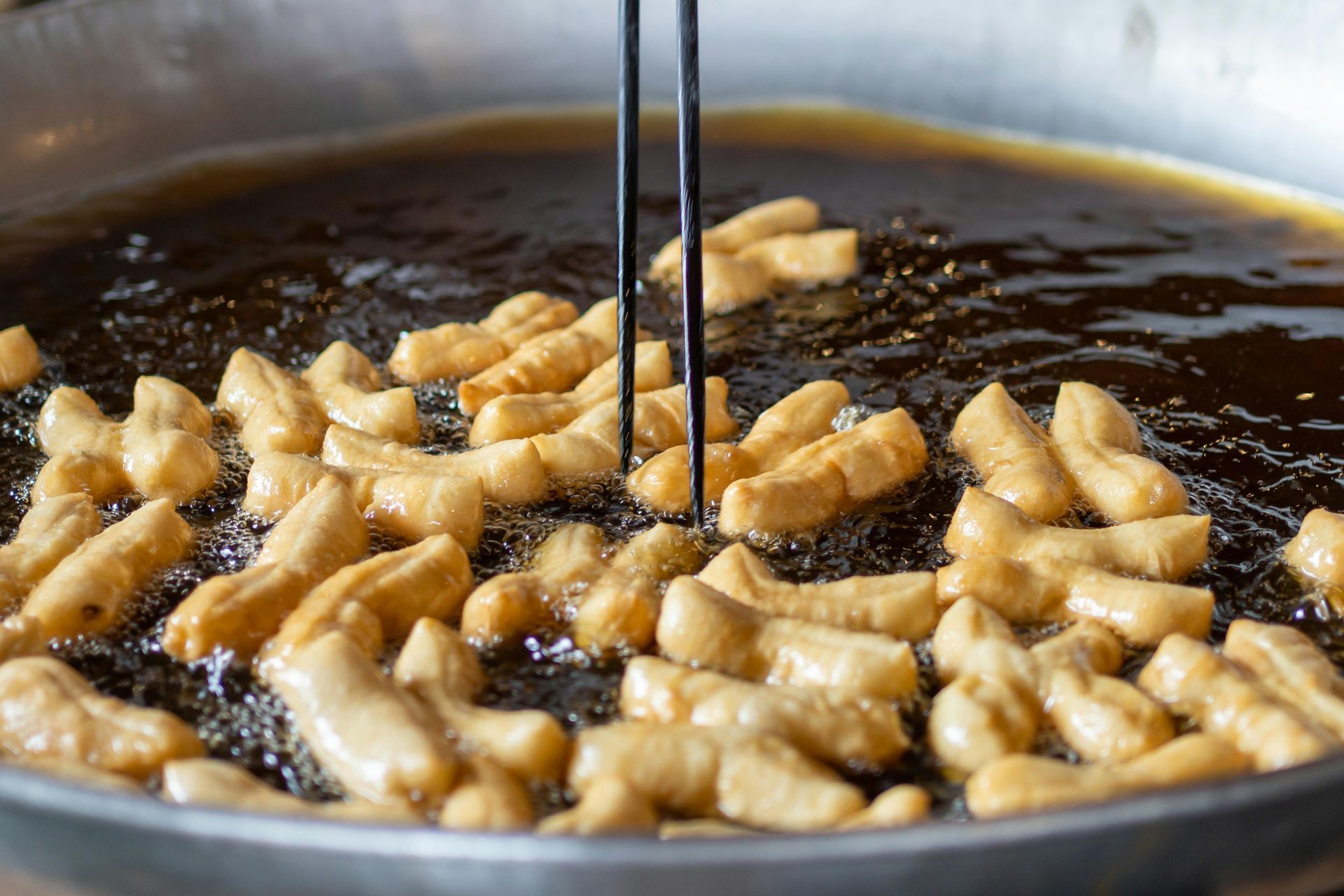
Can Recycling A Cooking Oil WIll Benefit The Environment?
Recycling cooking oil might not seem like a big deal, but it can make a huge difference for the planet. Every day, homes and businesses use cooking oil to prepare meals. Most of the time, people toss it out without thinking twice. Pouring it down the drain or throwing it in the trash can cause serious environmental problems.
This blog breaks down why recycling cooking oil matters and how it helps protect the environment. From cutting down on pollution to turning waste into renewable energy, it’s easier than you think to make a positive impact. You’ll also find tips on how to recycle your cooking oil at home or through community programs.
Small actions add up. By the end of this blog, you’ll see how something as simple as recycling cooking oil can help create a healthier planet.
Understanding Used Cooking Oil
Used cooking oil is the leftover grease and oil from cooking activities like frying, sautéing, or deep-frying. It’s the byproduct from your kitchen or restaurant that most people throw away. But used cooking oil isn’t just waste—it’s a resource that, when recycled, can benefit the planet in many ways. Knowing how improper disposal impacts the environment is key to making better choices.
Why Is Improper Disposal a Problem?
Dumping cooking oil may seem harmless, but it creates more problems than you might realize. Here are some of the biggest issues:
- Clogged Drains and Sewers: Pouring oil down the sink causes blockages in pipes, leading to expensive plumbing repairs. On a larger scale, these blockages contribute to massive fatbergs in city sewer systems, costing cities millions to fix.
- Water and Soil Pollution: When cooking oil is tossed in the trash or dumped outside, it seeps into water systems and soil. Just one gallon of oil can contaminate up to one million gallons of water, harming aquatic ecosystems.
- Harm to Wildlife: Oil that finds its way into rivers, lakes, or oceans coats the surface, making it harder for animals like fish and birds to breathe or move. This disrupts entire ecosystems and endangers wildlife.
- Foul Odors in Landfills: When oil is thrown in the trash and sent to landfills, it decomposes and releases unpleasant smells. These odors can attract pests and contribute to air pollution.
- Missed Opportunities for Recycling: Discarded cooking oil represents a wasted resource. Instead of contributing to pollution, recycled oil can be repurposed for biofuel, soap, or animal feed.
Taking a moment to recycle cooking oil instead of discarding it can help avoid these problems and turn waste into something useful.
How Recycling Cooking Oil Benefits the Environment
Recycling cooking oil does more than keep your pipes clean—it has a big impact on the environment. By turning used oil into something useful, we can reduce waste, conserve resources, and even create cleaner energy. Here’s a closer look at the benefits:
Reduces Pollution
Improper disposal of cooking oil leads to serious pollution. Recycling keeps oil out of drains, waterways, and landfills, protecting water quality and preventing harmful chemicals from entering the soil. Clean waterways and healthier ecosystems are direct results of proper oil recycling.
Conserves Natural Resources
When used cooking oil is recycled, it reduces the need to produce new oils or resources for energy. For example, recycled oil can replace fossil fuels in certain applications, cutting down on the extraction of non-renewable resources.
Produces Renewable Energy
One of the most exciting uses for recycled cooking oil is biodiesel. Biodiesel is a clean-burning, renewable energy source made from vegetable oils and animal fats. By recycling oil, we create fuel that emits fewer greenhouse gases than traditional diesel.
Lowers Greenhouse Gas Emissions
Recycling used oil instead of throwing it away helps reduce methane emissions from landfills and lowers the carbon footprint of energy production. Biodiesel made from recycled oil can reduce greenhouse gas emissions by up to 86% compared to traditional fuels.
Saves Landfill Space
Cooking oil takes up space when sent to landfills. By recycling it, we reduce the burden on landfill sites and make room for other types of waste that cannot be recycled.
Supports Local Economies
Recycling cooking oil creates jobs in collection, processing, and biodiesel production. It also supports industries that rely on recycled oil for products like soap, animal feed, and biofuels, boosting economic activity in local communities.
Recycling cooking oil isn’t just a responsible choice—it’s a practical way to support a healthier planet and strengthen sustainable industries.
How to Recycle Cooking Oil Properly
Recycling cooking oil isn’t complicated, but it does require a bit of planning. Whether you’re at home or running a business, here’s how you can do it the right way.
Steps for Households
- Let the Oil Cool Completely: Before handling used cooking oil, allow it to cool down. Hot oil can be dangerous and may melt containers if stored improperly.
- Strain Out Food Particles: Use a fine mesh strainer or cheesecloth to remove leftover food bits. This ensures the oil is clean enough for recycling.
- Store It in a Sealed Container: Pour the strained oil into a clean, leak-proof container with a tight lid. Empty plastic bottles or jars work well.
- Find a Local Recycling Center: Search for nearby facilities that accept used cooking oil. Many cities have drop-off points, and some even offer curbside collection.
- Repurpose at Home (If Possible): If you’re unable to recycle immediately, consider using the oil for composting (in small amounts) or making homemade products like soap or candles.
Options for Businesses and Restaurants
- Work with Certified Recycling Services: Partner with a licensed oil recycling company. They’ll handle collection, transportation, and processing for you.
- Use Designated Storage Containers: Invest in large grease bins or barrels that meet recycling standards. Keep these containers in a safe, accessible area.
- Schedule Regular Pickups: Coordinate with your recycling partner to arrange regular collection times, ensuring your oil doesn’t sit too long or become a safety hazard.
- Train Staff on Proper Disposal: Educate your team about the importance of recycling and show them how to store and handle used oil responsibly.
By recycling cooking oil correctly, you’re contributing to a cleaner environment while reducing waste. Whether at home or through a business, these simple steps make a big difference.
Case Studies and Success Stories
Recycling cooking oil has transformed communities and industries around the world. These real-life examples highlight the incredible impact that small changes can make.
Community Programs Leading the Way
In many cities, local governments have partnered with environmental organizations to launch cooking oil recycling initiatives. For instance, a city in California started a program that encourages residents to drop off used oil at designated recycling centers. Within the first year, the program diverted thousands of gallons of oil from landfills and waterways. This initiative not only reduced pollution but also created biofuels that powered public transportation.
Restaurants Turning Waste into Energy
Large restaurants and food chains are also embracing oil recycling. One national fast-food chain implemented a company-wide program to recycle used cooking oil into biodiesel. The result? Millions of gallons of recycled oil were converted into fuel, reducing the company’s reliance on traditional energy sources and lowering its carbon footprint.
Schools and Communities Educating the Public
In one Midwest town, schools partnered with community groups to teach families about cooking oil recycling. Students collected used oil from their homes and brought it to school recycling drives. The recycled oil funded local projects, including tree planting and park maintenance. These efforts inspired surrounding towns to adopt similar programs.
Innovations in Recycling Technology
Companies are also investing in advanced technologies to make oil recycling more efficient. Some have developed machines that clean and process used oil on-site, reducing transportation emissions and making recycling more accessible for small businesses.
These success stories prove that recycling cooking oil benefits more than the environment—it strengthens communities, supports innovation, and paves the way for a sustainable future.
Challenges and Solutions in Cooking Oil Recycling
Recycling cooking oil isn’t without its challenges. From logistical issues to lack of public awareness, these obstacles can slow progress. However, innovative solutions and increased education are helping to overcome these barriers.
Common Obstacles
- Lack of Awareness
Many people don’t know that cooking oil can be recycled. Without widespread education, most households and businesses simply throw used oil away, unaware of the environmental harm this causes. - Limited Access to Recycling Facilities
In some regions, finding a nearby recycling center is difficult. Rural areas, in particular, often lack the infrastructure needed to collect and process used cooking oil efficiently. - Improper Storage and Transportation
Storing used oil improperly can lead to spills, leaks, and contamination. Transporting large quantities of used oil can also pose logistical challenges for businesses and recyclers. - High Initial Costs for Businesses
Restaurants and commercial kitchens may face upfront costs for setting up proper oil recycling systems. This includes buying storage containers and arranging for regular pickups. - Contamination Issues
Used oil often contains food particles, water, or other contaminants that complicate the recycling process. These impurities must be removed, which increases processing time and costs.
Innovative Solutions and Technologies
- Community Education Programs
Cities like Spokane, Washington, and Sandpoint, Idaho, have introduced public education campaigns to teach residents about the benefits of recycling cooking oil. These programs often include workshops, school activities, and social media outreach to spread awareness. - Mobile Recycling Units
Western Idaho and North Oregon have started using mobile units that visit neighborhoods and businesses to collect used oil. These units make it easier for residents in rural areas to recycle without traveling long distances. - Partnerships with Local Businesses
Recycling companies in regions like Spokane have teamed up with restaurants and catering services to streamline oil collection. These partnerships ensure that businesses have the resources they need to recycle efficiently. - Advanced Filtering Technology
Some companies are developing machines that filter and process used cooking oil on-site. These innovations reduce transportation emissions and allow small businesses to recycle oil without relying on external facilities. - Incentive Programs for Households
Some cities have started offering incentives, such as discounts on utility bills or vouchers, for residents who recycle cooking oil. These programs motivate individuals to participate and increase overall recycling rates.
By addressing these challenges, communities and businesses can make oil recycling more accessible and efficient. With the right tools and education, we can turn these obstacles into opportunities for growth and sustainability.
Conclusion
Recycling cooking oil and maintaining clean grease traps are essential steps for protecting the environment and keeping businesses compliant and efficient. Whether you’re in Washington, Spokane, Sandpoint, Western Idaho, or North Oregon, proper grease management makes a big difference for your business and the planet.
Here at Grease Guys, we roll up our sleeves so you don’t have to. We specialize in:
- Cooking Oil Collection: Eco-friendly and hassle-free solutions to recycle your used oil responsibly.
- Grease Trap Cleaning and Pumping: Keep your traps clean, compliant, and ready for peak operation.
Serving restaurants, casinos, and industrial facilities, we’re your go-to team for all grease management needs. Our round-the-clock service ensures minimal disruption to your operations, and our eco-conscious practices mean you’re making a positive environmental impact.
Let Grease Guys take care of the mess so you can focus on what matters—running your business. Contact us today to schedule a service or learn more about our cooking oil collection and grease trap pumping solutions in Washington, Spokane, Sandpoint, Western Idaho, and North Oregon.
FAQs
What happens to the cooking oil after it’s collected?
Once collected, used cooking oil is cleaned and processed. Most of it is turned into biodiesel, a renewable energy source, while some is used in products like animal feed, soaps, and industrial lubricants.
How often should I have my grease traps cleaned?
Grease traps should typically be cleaned every 1 to 3 months, depending on the volume of grease your business generates. Regular cleaning helps prevent clogs, foul odors, and non-compliance with local regulations.
Can individuals recycle cooking oil at home?
Yes! Many communities have drop-off points for household cooking oil recycling. Store the oil in a sealed container and check with your local recycling center for guidelines.
What industries benefit the most from grease trap and oil collection services?
Restaurants, casinos, and industrial facilities are the primary industries that benefit. These businesses produce large volumes of grease and oil, making regular maintenance essential for smooth operations and compliance.
Are there regulations for grease trap maintenance and oil recycling?
Yes, most states and local governments have strict regulations to ensure grease and oil are handled properly. Partnering with a certified service provider like Grease Guys ensures your business stays compliant.
Can I use recycled cooking oil in my own operations?
Some businesses reuse filtered cooking oil for non-food purposes like biofuels or cleaning agents. However, consult a professional to ensure safety and compliance with regulations.
Send us a Message
We will get back to you as soon as possible
Please try again later
OUR SERVICES
TIPS & ARTICLE
GET IN TOUCH
Phone: (855) 227-6060
Email: info@greaseguys.com
Address: 3188 Road M.2 NE, Moses Lake, WA 98837, United States of America
Business Hours:
- Mon - Sun
- Open 24 Hours
AREAS WE SERVE
© All Rights Reserved • LocalEyes | Terms of Use | Privacy Policy

